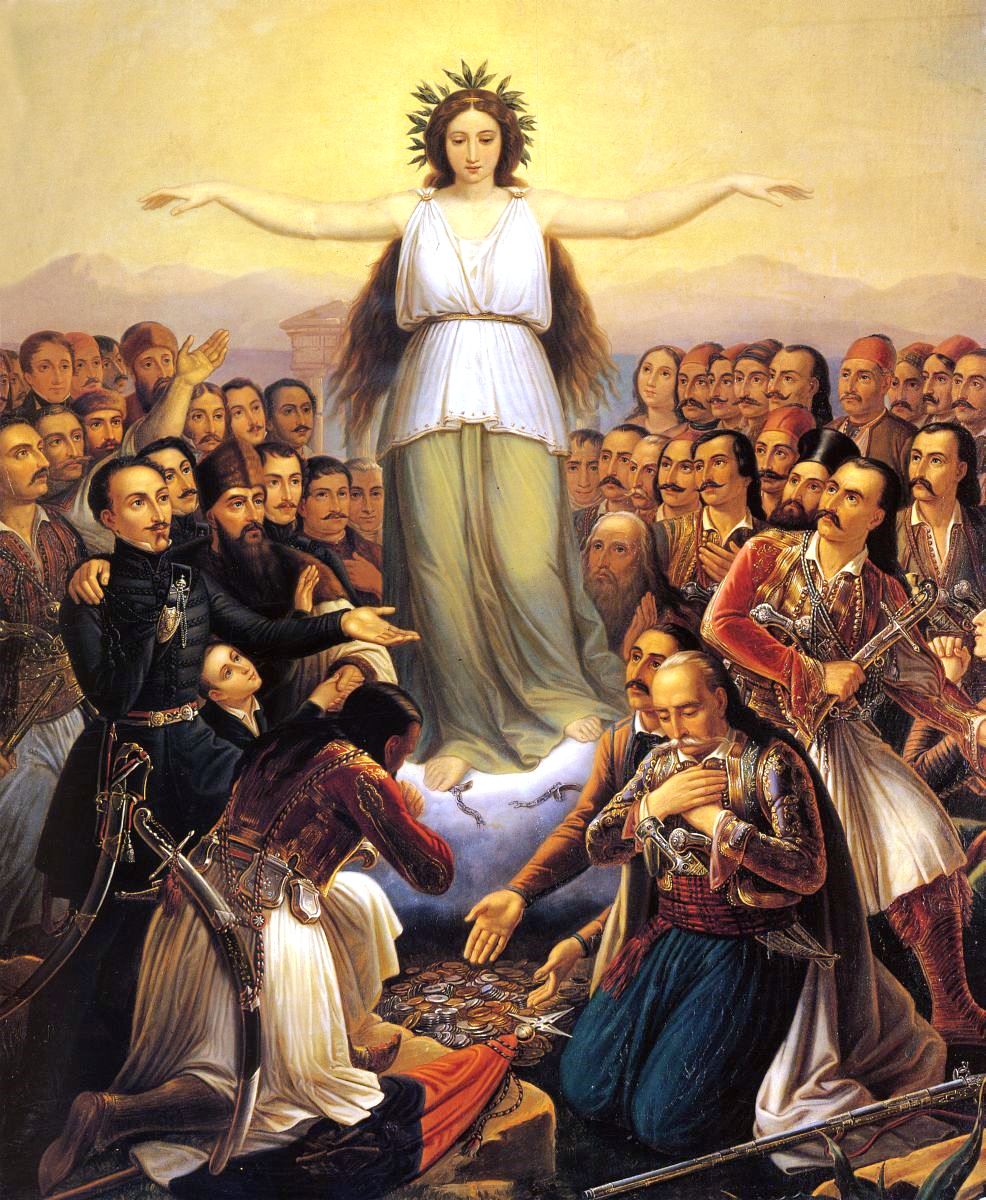Σε δημοσίευμά τους, οι Financial Times αναφέρουν ότι η Ευρωπαϊκή Επιτροπή θα προτείνει την Παρασκευή ένα μηχανισμό αποβολής χωρών από την ζώνη της Σένγκεν, προκειμένου να ασκήσει πίεση στην Ελλάδα, να κρατήσει εκτός των συνόρων της τους μετανάστες.
Οι FT χαρακτηρίζουν την Ελλάδα ως τον "αδύναμο κρίκο" στο κοινό σύστημα ελέγχου των ευρωπαϊκών συνόρων.
Όπως αναφέρεται, η Κομισιόν θα προτείνει μια διάταξη, που εντός των κόλπων της Ε.Ε. αποκαλείται "ρήτρα Ελλάδα", η οποία θα επιτρέπει την προσωρινή έξοδο μιας χώρας από τη ζώνη ελεύθερης διακίνησης και επιβάλει τους συνοριακούς ελέγχους ανάμεσα σε αυτήν και τις υπόλοιπες χώρες του Σένγκεν.
Παράλληλα, οι FT τονίζουν ότι παρά τη συνδρομή της FRONTEX και την οικονομική συνδρομή των Βρυξελλών η Ελλάδα δεν έχει καταφέρει να διαφυλάξει τα σύνορά της και ότι έχει χάσει τη συμπάθεια των εταίρων της και για τον τρόπο με τον οποίο χειρίζεται τους μετανάστες. Όπως επισημαίνεται οι ελληνικές αρχές δίνουν άσυλο μόνο στο 1% των μεταναστών, την ώρα που το αντίστοιχο ποσοστό φτάνει το 70% στη Σουηδία.
για την μεταφραση μέρους του δημοσιεύματος
για την μεταφραση μέρους του δημοσιεύματος
Το δημοσίευμα των Financial Times, για όσους θέλουν να διαβάσουν το πρωτότυπο!
Greece, the country at the heart of Europe’s debt crisis, has for a decade been the weakest link in the EU’s common border system, struggling to control its eastern frontier with Turkey and its island-strewn Mediterranean coastline.
Since the Schengen agreement of 1995, which allows for the free movement of people and goods across most of the EU, passport-free travel has been viewed as one of the cornerstones of European integration.
However, when the European Commission, the EU’s executive branch, unveils proposals to overhaul rules governing the border-free zone, it is expected to reveal what Brussels officials privately refer to as “the Greece clause”, a provision allowing for a country to be temporarily kicked out of Schengen. Border controls would then be reimposed between the country and the rest of the EU.
“Any move to exclude countries would clearly be targeting Greece, among others, which has been a problem for Schengen ever since it joined in 2000,” says Hugo Brady, fellow at the Centre for European Reform, a Brussels-based think-tank.
Of the estimated 104,000 migrants that crossed illegally into the EU in 2010, nearly 88,000 arrived through Greece’s borders. Even with a spike in migrants arriving in Malta and Italy from Libya and Tunisia in recent months, Greece will probably emerge as the primary gateway to Europe once again in 2011.
The Commission’s proposals, seen by the Financial Times, say the prospect of suspension from Schengen would be meant as a deterrent, only to be used as a last resort after a country had failed to respond to EU assistance.
But some officials believe Greece has already reached this point. More than 26,000 migrants have come through the country’s border with Turkey since the start of the year, according to Frontex, Europe’s nascent border agency. That is despite numerous Frontex missions to help strengthen the border, and the fact that in the EU’s seven-year budget to 2013, Greece should receive around €350m from Brussels to secure its borders and administer refugees.
Some believe it is necessary to quarantine wayward countries to preserve the integrity of the Schengen scheme.
“It is necessary for member states to live up to their obligations,” says Tobias Billström, Sweden’s immigration minister. “Such a measure [to exclude a country] has to be seen as a radical one, but you cannot exclude it from the agenda.”
Greece has also lost sympathy for the ways it treats migrants. Only 1 per cent of applications for asylum are typically approved, compared with 70 per cent in Sweden. Inadequate facilities for migrants prompted several EU countries to suspend co-operation with Greece on processing asylum seekers last year.
Athens has pledged to bolster its border controls, with an official at the ministry of citizens’ protection saying Greece was “in the process of taking measures to fulfil all its obligations.”
But faced with an unprecedented budget shortfall and the need for deep spending cuts, doubts remain on whether controlling migration is a priority.








































Δεν υπάρχουν σχόλια:
Δημοσίευση σχολίου